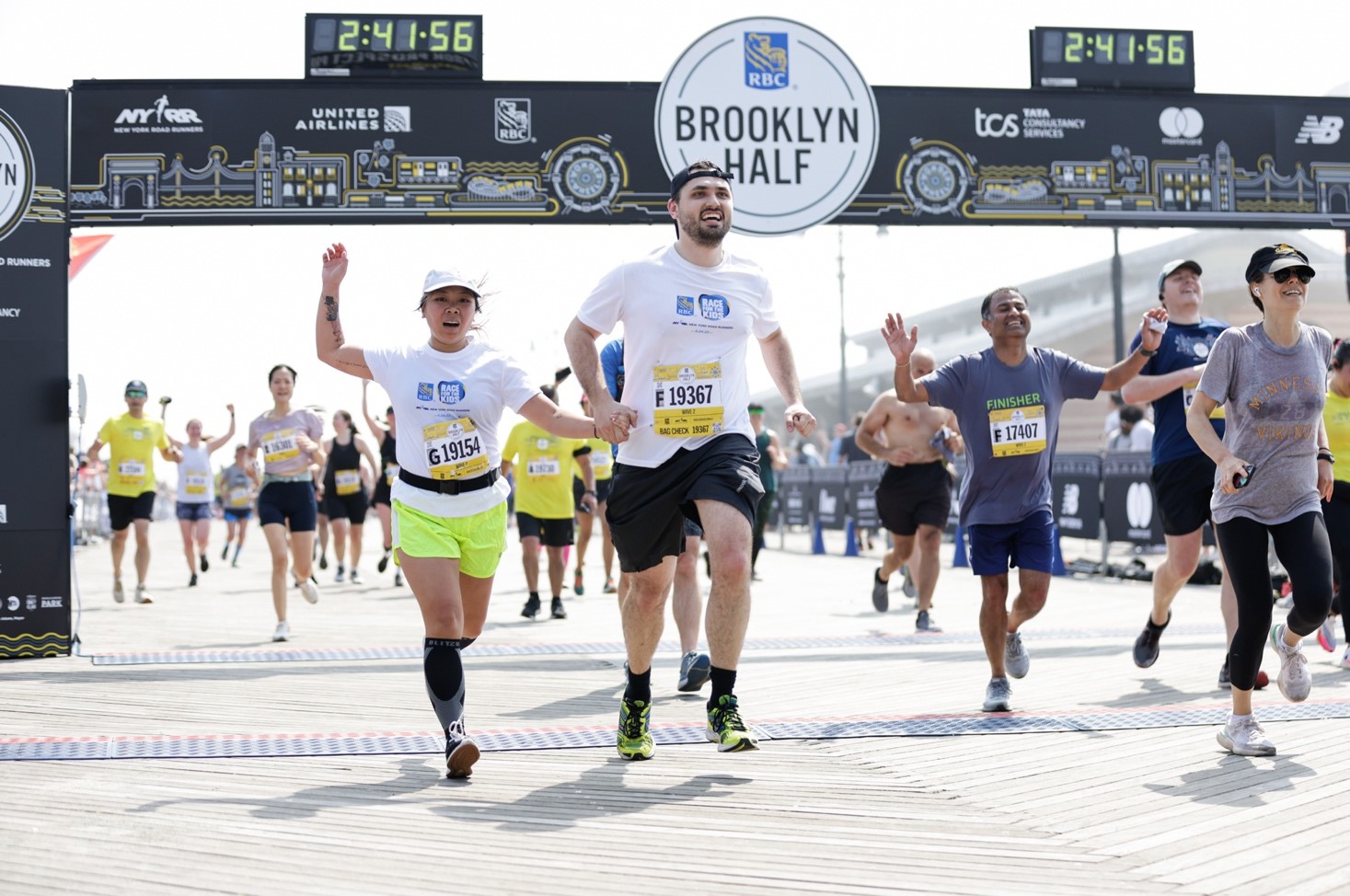A man prosecutors portrayed as one of al-Qaida's early leaders and a close confidant of Osama bin Laden was convicted in New York Thursday of conspiracy in the deadly bombings of two U.S. embassies in Africa following a trial that showcased the terror group's early days.
An anonymous jury returned a verdict in Khaled al-Fawwaz's case after 2 1/2 days of deliberating. The month-long trial unfolded in a heavily fortified courthouse where federal guards stood outside with machine guns and spectators had to pass through a special metal detector outside the courtroom.
Al-Fawwaz stood expressionless as the verdict was read, pursing his lips briefly. He could face life in prison.
Prosecutors said al-Fawwaz, a 52-year-old Saudi Arabian, made sure bin Laden's death threats against Americans were heard and noticed worldwide in 1998.
Al-Fawwaz led an al-Qaida Afghanistan training camp in the early 1990s, helped a terrorist cell in Kenya and schemed with bin Laden to open a media information office in London, where al-Fawwaz became bin Laden's link to journalists in the West before the August 1998 embassy bombings in Kenya and Tanzania, prosecutors said. The attacks killed 224 people, including a dozen Americans.
Al-Fawwaz "operated at the very heart of this conspiracy," Assistant U.S. Attorney Sean Buckley said in his closing argument.
Defense lawyers said al-Fawwaz was a dissident who sought peaceful reform in his homeland and was dismayed by Osama bin Laden's shift toward violence.
Local
"There is no hate in the heart of Khaled al-Fawwaz," defense lawyer Bobbi Sternheim told jurors.
The trial showcased al-Qaida in its infancy, when its members numbered in the hundreds and it plotted terrorist attacks that eventually drew the attention of criminal investigators a world away. Witnesses included an American former al-Qaida member who said bin Laden asked him in 1995 to kill Egypt's president by ramming the president's plane with bin Laden's in midair. The New York Police Department's counterterrorism and intelligence chief, John Miller, testified about meeting al-Fawwaz in London in 1998, when Miller was a TV news correspondent.
An al-Qaida roster of original members lists bin Laden first and al-Fawwaz ninth, and 18 copies of bin Laden's 1996 declaration of war — signed by bin Laden — were found in al-Fawwaz's London apartment, prosecutors said. U.S. special forces found the roster in an al-Qaida leader's home after the Sept. 11 attacks, the government said.
Al-Fawwaz made sure bin Laden's declaration of war reached the world by communicating with the media and helping translate bin Laden's words for multiple audiences, prosecutors said.
"Murderous words lead to murderous action," Assistant U.S. Attorney Nicholas Lewin told jurors.
But Sternheim said al-Fawwaz just tried to change Saudi Arabia peacefully and knew bin Laden when the al-Qaida leader had peaceful aims.
"It is very clear that Osama bin Laden took a very bad turn, and the turn that he took shocked, disturbed and angered Khaled al-Fawwaz," Sternheim told jurors.
She also said it would be "reckless" to make assumptions about the al-Qaida roster since jurors were never shown who created it and why.
Al-Fawwaz did not testify. Arrested in London in 1998, he was extradited from Great Britain in 2012.
New York juries have convicted five other people in the embassy attacks. Al-Fawwaz had been scheduled to stand trial with a co-defendant, Abu Anas al-Libi, but he died last month after a long illness.



